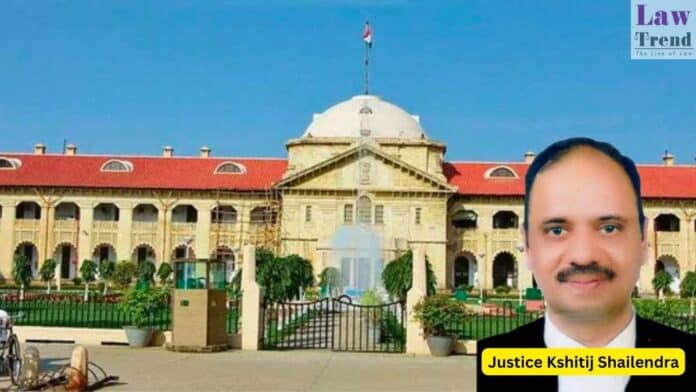The Allahabad High Court has delivered a significant ruling that clarifies jurisdictional norms for transfer applications in matrimonial cases. In a judgment delivered by Justice Kshitij Shailendra, the court addressed procedural and legal ambiguities surrounding whether transfer applications for cases under the jurisdiction of the Lucknow Bench could be entertained by the Principal Seat at




